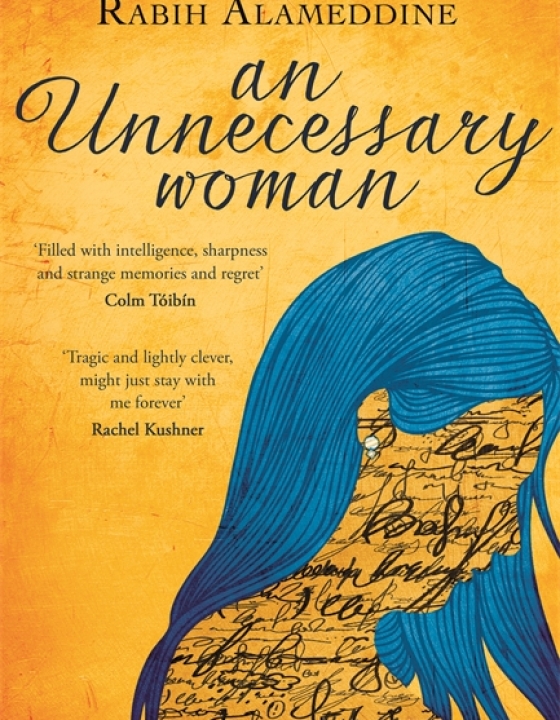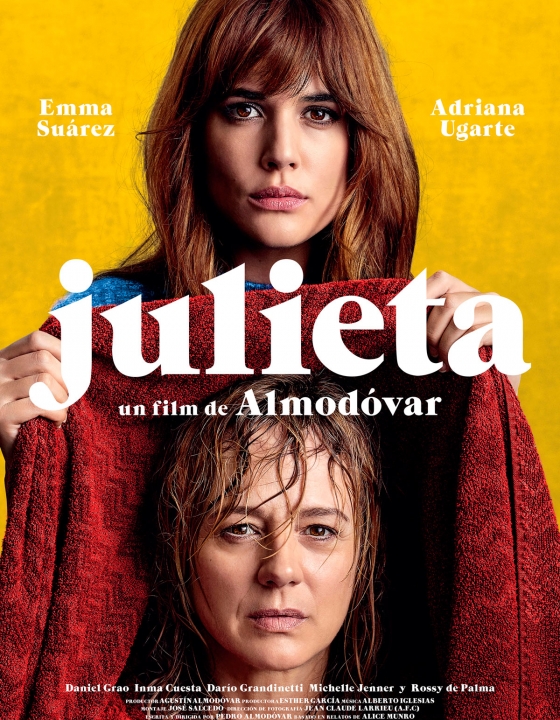Ce se întâmplă dacă așezi o lupă asupra relației dintre doi oameni ? Doi sau mai mulți… un cuplu, mai multe cupluri, un grup de prieteni care se cunosc de ani buni, își cunosc slăbiciunile și limitele, își tolerează defectele, se acceptă unii pe ceilalți așa cum sunt, tratează cu diplomație aventurile extraconjugale… Până unde merge discreția și unde începe ipocrizia? Cât de fragile sunt, de fapt, relațiile interumane? Filmul lui Paolo Genovese ne determină să ne punem astfel de întrebări, ne face să ne simțim naivi în credința noastră că partenerul de viață este, în primul rând, partener de bune și rele, nu întruchipare umană de nisipuri mișcătoare. E greu de dat verdicte, dar e un exercițiu interesant, cel puțin în teorie: ce-ar fi dacă, la o cină între prieteni, toată lumea ar pune telefoanele pe speaker și ar citi cu voce tare mesajele primite ? Prietenii sunt, cu o singură excepție, cupluri căsătorite. Fără îndoială, toată lumea are mici secrete, poate lucruri de care nu suntem tocmai mândri, poate anumite frici sau griji meschine. Fără îndoială, de multe ori, tăcerea acoperă o lovitură iminentă, discreția protejează poate chiar pe cel pe care-l minți. Aceasta face ca minciuna să fie acceptabilă? Merită menajat orgoliul partenerului cu prețul propriei nemulțumiri? Se poate găsi o cale acceptabilă de a comunica lucruri inacceptabile ?
Pelicula are multe accente comice, care nu diluează nicidecum momentele tensionate. Deși nu este un film de acțiune, momentele de dramatism se succed rapid, cu fiecare secret devoalat, cu fiecare informație confidențială alunecată în exterior, cu fiecare moment de jenă personală trăit public, cu nodul în gât și aerul blocat în piept. Scos din Cutia Pandorei, detaliul capătă proporții gigantice, mai ales când publicul spectator își pune ochelarii de judecător și evaluează lucruri din viața intimă a celui în cauză. Explicații, justificări, contraziceri, răbufniri. Totul e foarte simplu când e vorba de alții: soluțiile sunt la îndemână, culpabilitatea e clară, tendința transformării în anchetator și instanță morală e irezistibilă. Mai grav e că nici noi, spectatorii, nu prea ne putem abține de la a judeca, în definitiv de aceea ne sunt și prezentate situațiile. Totul e să facem diferența între situații și protagoniștii lor. Să-i înțelegem în context, fără a-i acuza și fără a le căuta scuze. Există și personaje inocente, dar nici acestea nu sunt scutite de tăvălugul emoțional antrenat de experiment. E un film italian, așa că reacțiile sunt bogate, abundente chiar.
Finalul inedit trădează o viziune implacabilă despre viață și relații interumane, viziune care include și concluzia experimentului psihologic de grup: nu încercați așa ceva acasă! E o viziune dezamăgitoare, cel puțin pentru mine, dar nu am, din păcate, argumentele să o contrazic. Realitatea este că oamenii sunt ființe imperfecte care tind sau nu spre perfecțiune, iar bunelor relații dintre ei nu li se cunoaște gradul de rezistență la confruntarea cu adevăruri dureroase. Terapeuții poate că m-ar contrazice: drumul spre autenticitate exclude falsul, realizarea de sine presupune etape de conștientizare, nu de cosmetizare. Dar cuplul gazdă din film este format dintr-un chirurg plastician, bărbat matur și bonom, personaj eminamente pozitiv, și o terapeută frumoasă, dar complexată, infidelă și incapabilă să-și gestioneze relația cu fiica adolescentă. Singurul model de depășire a conflictului este oferit de medicul care, cu înțelepciune, știe să lase de la el… dar nu este suficient. Iar în anturajul meu, discuția privitoare la film a fost punctată magistral de cunoscătorii unei căsnicii reușite, de peste douăzeci de ani: „E important să ne lăsăm spațiu unul altuia. Toți avem defecte, toți avem slăbiciuni și nu știi dacă celălalt le poate înțelege sau accepta. E bine ca unele lucruri să rămână nespuse” Așa că nu știu dacă se poate da un răspuns precis întrebărilor lansate mai sus, nuanțele vieții reale se dezvoltă pe un palier complex, dificil de încadrat între repere exacte. Publicat si in revista Airport News
What happens if you put a magnifying glass on the relationship between two people? Two or more… a couple, several couples, a group of friends who have known each other for years, know their weaknesses and limits, tolerate their faults, accept themselves as they are and close their eyes at the extramarital affairs of others… How far does discretion go and where does hypocrisy begin? How fragile are, in fact, human relationships? Paolo Genovese’s film makes us think about these things, makes us feel naive in our belief that the life partner is there for better and for worse not a human embodiment of moving sands. It’s hard to give a verdict, but it’s an interesting exercise, at least in theory: what if, at a dinner for friends, everyone would put their phones on speaker and read the text messages out loud? With one exception, the friends are all married couples. Undoubtedly, we all have our little secrets, maybe things we’re not too proud of, maybe fears or petty worries. Undoubtedly, silence often covers an imminent blow, discretion protects perhaps even the one you are lying to.
The film has lots of comic touches which do not dilute the tense moments at all. Although it’s not an action movie, the dramatic scenes develop fast, with every unveiled secret, with every confidential information leaked, with every moment of personal embarrassment lived publicly, feeling choked up and with the air stuck in your chest. Taken out of the Pandora’s Box, the detail gets gigantic proportions, especially when the spectator puts on the judge glasses end assesses things from the intimate life of others. Explanations, justifications, contradictions, outbursts. Everything is very simple when it comes to others: the solutions are at hand, the guilt is obvious, the tendency of turning into an investigator and moral court is irresistible. The worst thing is that even we, the spectators, can’t help ourselves from judging and after all, this is why the situations are presented to us. We should only be careful to make the difference between situations and their protagonists. We should try to understand them in context, without making excuses or accusations. Some characters are innocent, but they make no exception from the emotional roller coaster stirred by the experiment. It’s an Italian movie, so the reactions are rich, even abundant.
The unusual ending gives away an implacable vision of life and human relationships, a vision that includes the conclusion for the group psychological experiment: don’t try this at home! It is a disappointing vision, at least for me, but, unfortunately, I don’t have the arguments to contradict it. The reality is that people are imperfect beings who may or may not seek perfection and it’s unknown how much the relationships between them can resist the confrontation with painful truths. Perhaps the therapists would contradict me: the road to authenticity excludes fakes, self-realization involves stages of awareness, not sugar coating. But the host couple in the film is made of a plastic surgeon, a mature and genial man, a positive person by default, and a therapist who is beautiful, but frustrated, unfaithful and unable to manage the relationship with her own teenage daughter. The only model for overcoming conflict is offered by the doctor, who has the wisdom to let it go… but it’s not enough. And in my entourage, the discussion of the film was punctuated by the connoisseurs of a successful marriage for over twenty years: „It is important to leave each other space. We all have our flaws, we all have our weaknesses and you don’t know if the other person can understand or accept them. It is best for some things to be kept unspoken.” So I don’t know if the above mentioned questions could be answered in a precise way, the real life nuances extend on a high complexity level, hard to fit between fixed reference points.
Also published in Airport News























What do you think?
You must be logged in to post a comment.